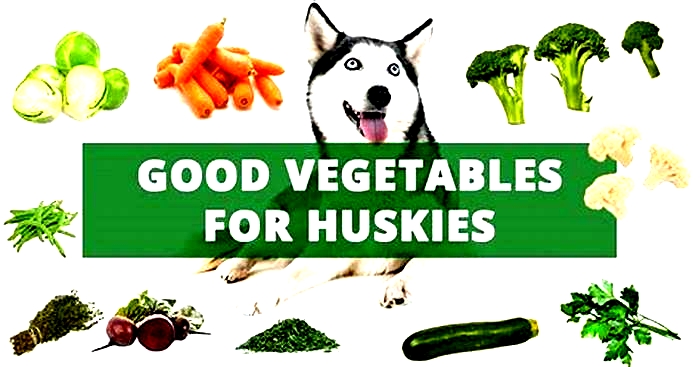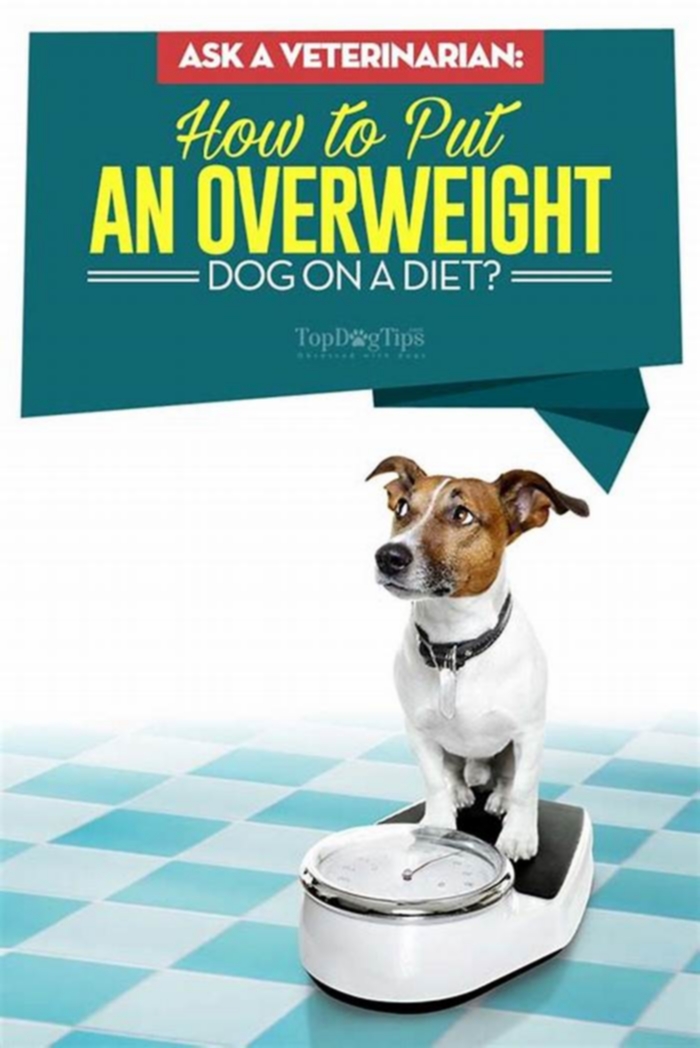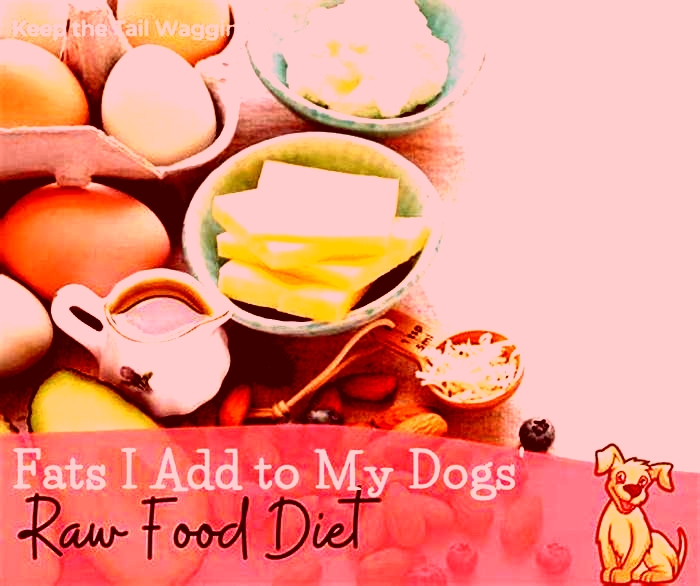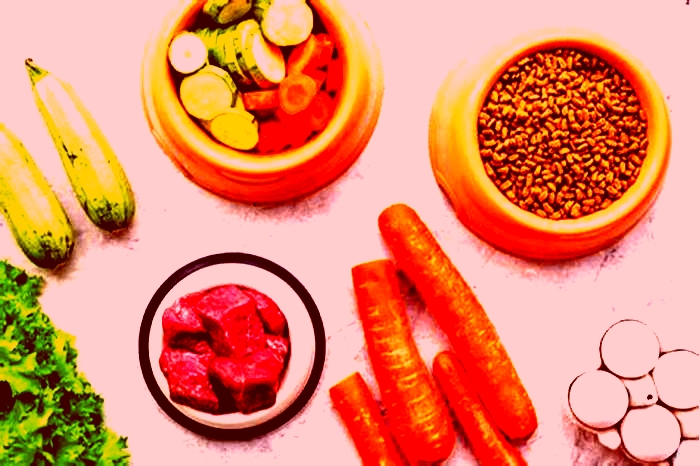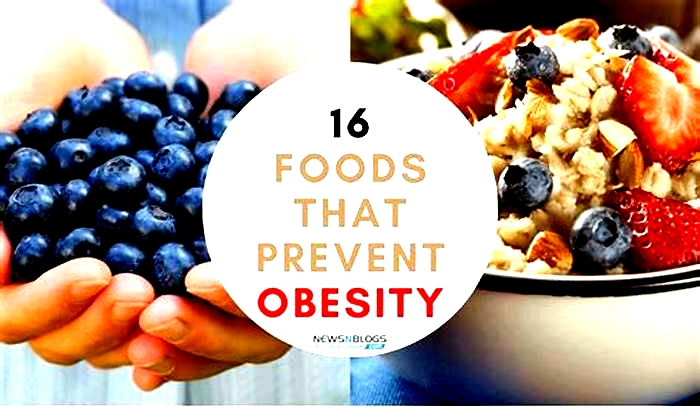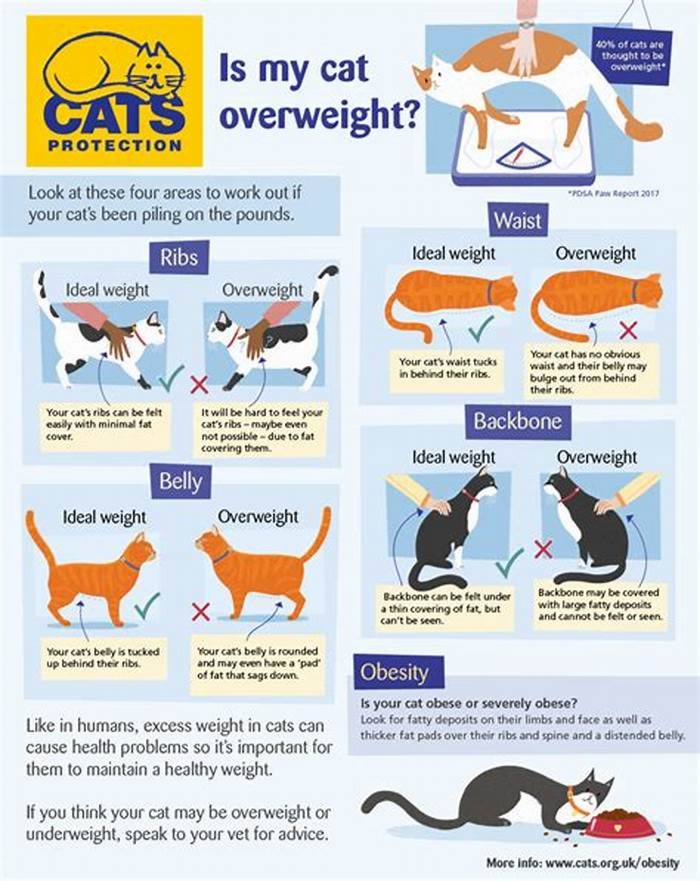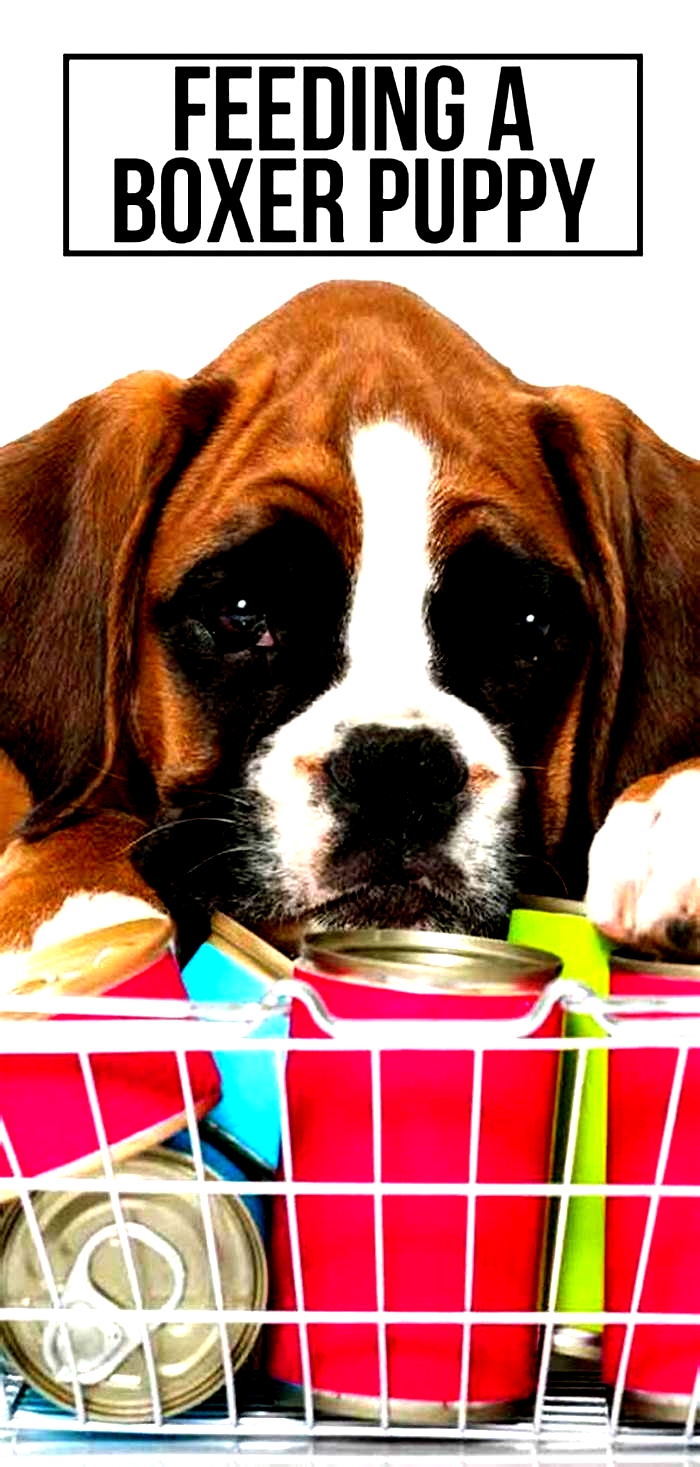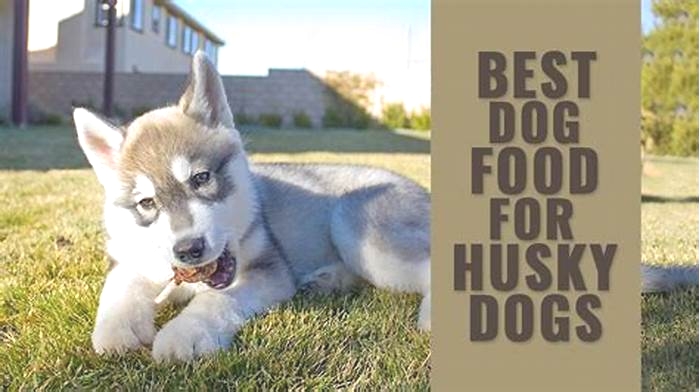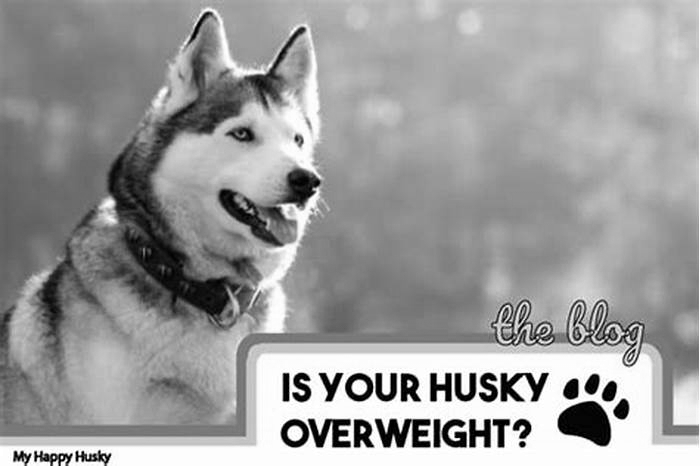What s the best diet for a husky
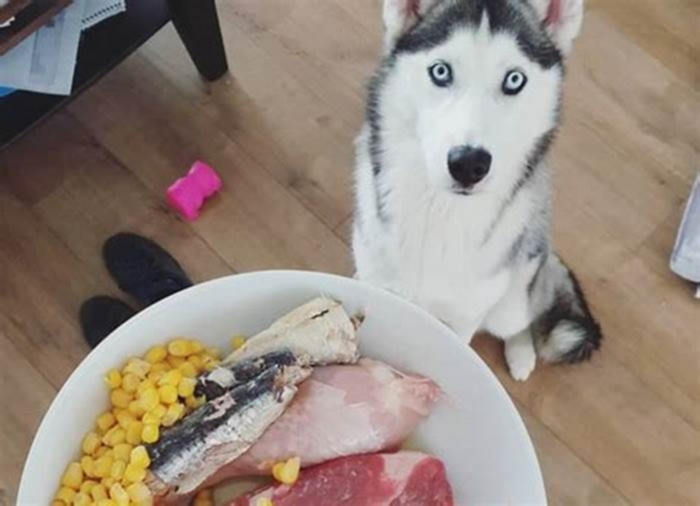
Feeding your husky
You might wonder how you should be feeding your husky or what is the best husky food. If yougot a little husky puppy then you will see that he doesnt eat anything or he doesnt eat that much. Especially at this young age. The best thing to do is to give your husky the appropriate food for his age. Feed you husky puppy food that is for puppies, not food for an adult dog or food branded such as food for all life stages. Your little puppy needs age-appropriate food. Read this article before getting a husky.
What is the best food for your husky puppy?
Even the smart owners who want to feed their huskies the best food possible will get pretty confused. With the assortment of dog foods available nowadays, its difficult to figure out what is best for the husky and what you should feed your husky. Adding to these the fact that they will not eat anything. You should read the ingredients from the label of the dog foods, even if its marketed such as husky food.
Are Siberian huskies carnivores?
Huskies are not carnivores. They need meat for protein, but thats not enough. You must feed your dog a balanced diet. Even their ancestors, the wolves, eat both meat and plants in the wild. A balanced diet can make sure that your dog can properly develop his immune system.
Feeding your husky. What should you give your husky to eat?
Veterinarians recommend feeding your husky a combination of 80% dry kibble and 20% wet food.
You can feed your husky dog foods in various types: dry, wet, semi-moist, and even frozen. If you like to spoil your husky with treats, think about vegetables or fruits also. Besides those tasty treats that you can find in stores. During summer, you could peel and cut some apples or even watermelon and place them in the fridge. Warning! Remove all the seeds from apples or watermelons.
Siberian huskies will love to chew on some ice cubes or on some frozen baby carrots or some frozen yogurt in a Kong. They also love some small banana slices from time to time. Tasty!
Dont feed your dog only dry food every day and at every meal. At least, you could put some water on the dry kibble and mix it up until it gets moist.
How much does a husky eat?
Siberian huskies dont eat that much. The amount of food that your Siberian husky requires depends on many factors, such as the quality of food, age, size, and activity level. Follow the manufacturers recommended amount and adjust it from there.
What to look for in husky food?
Siberian Huskies are very active, so they need plenty of protein. You need to keep the right balance of protein, fat, carbohydrates, vitamins, and minerals.
Proteins will help a husky to grow and repair muscles, bones, and tissues. Husky puppies need dog food high in protein because they grow so fast. Delicious foods that are high in protein are made of various types of meat. Higher-quality commercial dog foods have more protein sources. Fish, eggs, or plant-based proteins are a part of a husky diet.
Only a certain amount of protein is digested and absorbed at once to repair and maintain muscles or joints. If you give your dog too many proteins, the excess will be stored as fat or used for energy. This excess will be excreted in the urine. The same way happens with the human body. To check if you are feeding too much protein to your husky, you should look at his urine. Yellow spots on the grass in your garden from his urine its a result of too much protein in your dogs diet. Another obvious sign is the excess of fat. Excess is never good for your dogs health and neither for us humans. Proteins are good for your dog, but you should keep a balanced diet. Proteins will not provide everything thats needed for your husky to stay healthy and fit.
Your husky needs carbohydrates. Good carbohydrates for your dogs are found in starches and fiber. You will find those in the dog food. Peas, corn, carrots, potatoes, beans, rice, pasta, and grains are starchy food that your husky can eat.
Fats are good for your husky. Fats are essential. They maintain your huskys skin and coat health, nervous system function, vitamin transport, hormone production, and energy. Still, be careful about the number of calories. You dont want to give your dog serious health problems that will result from an excess of fats. Good food high in fats for dogs includes fish oil, vegetable oils, poultry fat, and tallow.
I also wrote about yogurt for dogs and honey for dogs. You might find them interesting when thinking about what you can feed your dog.
Feeding schedule for your Husky Puppy
If you recently brought home a little puppy husky, you should feed him the same type of food that was given before. At least for a few days. After that, you can put him on another type of food or diet. The excitement of a new home, new people, and new places is already a lot to handle. When it comes to the husky puppys schedule, it should contain 3 meals per day at the age of 12 weeks. Until 6 months you should stick with these 3 meals per day. After that, you can feed your husky twice a day.
How to feed your Siberian husky puppy
Why its important to know the process of feeding your Siberian husky, you might ask. Well, the feeding process will help you with his training but will also keep your puppy healthy.
As a puppy, Siberian husky should be fed 3 times a day. Get his bowl, fill it with the proper amount of food and give it to eat. He should eat the food when its given if he likes it of course. We are talking here about Siberian huskies. Siberian huskies tend to be pretty picky when it comes to food. After hes finished eating, pick up the bowl and place it somewhere he cant reach. He will try to reach it, even if its empty. Repeat these 3 times per day.
Training while youre feeding your husky
When you start training your dog, the feeding time will be a great way to establish even more control over the husky. Place the bowl on the floor and command him to wait for your signal. After your signal, he can approach the bowl and eat. It takes a lot of patience, but huskies learn very fast. Their stubbornness will be a challenge because they will test you, and they will test the limits. Especially when they are puppies because they tend to get away with many things.
Did you see my liver dog treats recipes? Your puppy will love them!
How can you know if you are not giving the proper food to yourdog?
If your dog is on a bad diet, you will see effects. Effects such as loose stool, dandruff problems, excessive shedding, dull coat, obesity, skin disorders, and others. It depends a lot from case to case, but these are the most frequent signs.
Talk with the vet if you arent sure what type of food you should be feeding him or if the husky its not adjusting well to the given diet. And dont forget to give your dog plenty of fresh and clean water all day long.
Read the label on your chosen brand of dog food carefully. Dont just look at the picture or at the marketing title. Read the ingredients and see if its the perfect food for your husky. Your dog cant read, so you will have to make good decisions for him he trusts you to make the right choice.
What should I feed my Husky?
Siberian huskies are playful, loving and social family dogs. Due to their history as working dogs, Siberian huskies have special diet requirements. When raising a husky, its important to consider their eating habits such as their diet type, feeding schedule, interest in food and how much to feed them so lets answer the question, what should I feed my Husky?
There are three main types of diets that Siberian huskies are fed: raw food, commercial dog food including dry and wet varieties, or a combination of the two. Although feeding your husky commercial dry or wet food is less expensive, lasts longer and is easier to store, many husky parents have switched their dogs diet to include more nutritional and healthier raw foods like chicken, beef, lamb, fish, fruits (no grapes, prunes or raisins) and vegetables. If you choose to feed your husky both a processed and raw diet, do not feed him both at the same meal, as they digest differently so your choice may be based on how sensitive your dogs stomach is.
Siberian huskies were bred to be working dogs in harsh conditions where food was hard to come by. Huskies bodies are more efficient at burning calories and using nutrients, and therefore they are used to eating less than other breeds of dogs. Huskies will only eat until they are full, unlike other breeds, such as Labrador retrievers, who will eat until they fall ill. Feed your adult husky about 60 percent of what the label on his food suggests for his weight.
Here our recommendation for finding the best dog food for Siberian Husky to provide a complete and balanced diet. If you interested, you can buy it from Amazon and help abandoned Huskies to find a Forever Home. The earning goes for ForeverHusky.org in help and care of Siberian Huskies.
There are some foods that should never be given to your dog on any basis no matter if they are an adult dog or a puppy. Take a look at the picture below to know these foods so that you may avoid feeding them to your husky: avocado, alcohol, sweets, sugar, chocolate, corn on the cob, salt, onions, garlic, dairy, grapes & raisins, raw meat & fish, peaches & plums, raw egg, macadamia nuts, tea & coffee, yeast, fat trimmings and bones.
Taking care of your huskys diet can be quite rewarding if done properly and will help your husky to lead a full and healthy life. Though they are known for being quite finicky when it comes to their food, its important that you exercise patience when providing healthy meals that they also find attractive. Going through a period of trial and error is normal in any husky owners life, but once youve found the right balance, then all your worries simply melt away.
Husky Diet The Complete Guide
Introduction
The husky diet should be rich in protein and fat to maintain muscle mass and provide energy. In addition, a balanced diet with fruits and vegetables can provide essential vitamins and minerals for their overall health.
Some husky owners opt for a grain-free diet to avoid potentially related health issues. Still, its necessary to consult with a veterinarian to ensure the diet meets the specific needs of their husky. Monitoring weight and adjusting the diet for ageing or health conditions is also vital for maintaining a healthy and active husky.
Importance of a proper diet for a healthy and happy husky
A proper diet is crucial for the health and happiness of any dog, including huskies. A balanced and nutritious diet provides the necessary nutrients for a huskys overall well-being, including healthy skin and coat, strong muscles and bones, and a healthy digestive system. The proper diet can also help prevent health problems such as obesity, diabetes, and joint issues, which can significantly impact a huskys quality of life.
Moreover, a proper diet can affect a huskys behaviour and mood. A Husky that is well-fed with a balanced diet is more likely to have the energy and stamina for physical activity. Running or playing is vital for a huskys mental and physical health. On the other hand, a dog with an unbalanced or inadequate diet may suffer from fatigue or lack of energy, leading to a sedentary lifestyle that can contribute to depression or anxiety.
Huskies, in particular, have a high metabolism and energy level. Their dietary needs vary depending on age, activity level, and health status. Therefore, its essential to choose a diet that meets their specific needs, whether its a high-protein, grain-free, or hypoallergenic diet. Regular consultations with a veterinarian can help ensure that your huskys diet is balanced and appropriate for its needs.
Understanding Husky Nutrition
Nutritional requirements for huskies based on their age, activity level, and health
Nutrition is an essential part of maintaining the health and well-being of huskies. Like all dogs, huskies have specific nutritional requirements based on age, activity level, and health status. In this article, we will explore the dietary requirements for huskies and how to ensure they receive a balanced diet to maintain optimal health.
Huskies have different nutritional requirements at various stages of their life. Puppies require a high-calorie diet to fuel their growth and development. As they grow, their nutritional needs change. Adult huskies require a balanced diet with high-quality protein and fats to maintain muscle mass and energy levels. Senior huskies need a diet with lower calorie content to help prevent obesity.
Activity level
Huskies are a highly active breed that requires a diet rich in calories to support their high energy levels. An energetic husky requires a diet containing adequate carbohydrates, protein, and fats to provide the energy needed to maintain its activity levels. A lower-calorie diet may be necessary for less active huskies to avoid weight gain.
Huskies with health conditions such as allergies or digestive issues require a specialised diet that caters to their needs. For example, a hypoallergenic diet may be necessary for huskies who suffer from allergies, while a low-fat diet may be necessary for those with digestive problems such as pancreatitis.
Macronutrient Requirements
Huskies require a diet containing adequate macronutrients, including protein, fats, and carbohydrates. Protein is crucial for maintaining muscle mass and supporting a healthy immune system. Fats provide energy and contribute to a healthy coat, while carbohydrates provide the necessary power for physical activity.
Micronutrient Requirements
Huskies require a diet that provides the necessary micronutrients, including vitamins and minerals. For example, vitamin A is essential for maintaining healthy skin and vision, while Vitamin D supports healthy bones. Zinc and Omega-3 fatty acids are also necessary for maintaining a healthy coat.
Zinc is especially important as huskies can suffer from zinc deficiency which leads to problems such as zinc-responsive dermatitis and even seizures.
The nutritional requirements for huskies are influenced by their age, activity level, and health status. Therefore, a balanced diet that meets their needs is crucial for maintaining optimal health and preventing health issues. By consulting with a veterinarian, husky owners can develop a customised diet plan that caters to their huskys specific needs, leading to a happy and healthy life for their furry companion.
Protein, fat, carbohydrates and micronutrients in a huskys diet
Protein
A crucial macronutrient for huskies, as it supports muscle growth and repair and maintains a healthy immune system. Therefore, huskies require a high-quality source of protein, such as chicken, fish, or lamb, to meet their dietary needs. A diet deficient in protein can lead to muscle wasting and a weakened immune system, leading to health issues and a lower quality of life.
Fat
Fats are an essential macronutrient that provides energy, insulation, and support for the nervous system. Therefore, huskies require a diet high in fat to support their energy levels, especially during physical activity. Conversely, a diet deficient in fat can lead to fatigue, decreased activity levels, and poor coat quality.
Carbohydrates
Carbohydrates are a source of energy for huskies, but huskies must consume them in moderation to prevent weight gain. A diet that is too high in carbohydrates can lead to obesity, leading to serious health issues such as diabetes and joint problems. On the other hand, a balanced diet that includes complex carbohydrates, such as sweet potatoes or brown rice, can provide the necessary energy for a huskys high activity levels.
Vitamins
Vitamins are essential micronutrients that are necessary for maintaining overall health. For example, vitamin A is crucial for maintaining healthy skin and vision, while Vitamin D supports healthy bones. Vitamins E and C act as antioxidants, which can help prevent cellular damage and support a healthy immune system.
Minerals
Minerals are also essential micronutrients that are necessary for maintaining overall health. For example, calcium and phosphorus are crucial for maintaining healthy bones, while iron is critical for transporting oxygen in the blood. Zinc and Omega-3 fatty acids are also essential for maintaining a healthy coat.
The role of water in a huskys diet
Water is essential for all living beings overall health and well-being, and huskies are no exception. As a highly active breed, huskies require adequate water to support their physical activity levels and maintain optimal health. In this article, we will explore the role of water in a huskys diet and the importance of providing clean, fresh water for huskies.
Hydration
Huskies require a high level of physical activity, which can lead to dehydration if they are not provided with enough water. Dehydration can cause various health issues, including lethargy, dry skin, and decreased kidney function. To avoid dehydration, husky owners should ensure that their dogs have access to clean, fresh water at all times, especially during and after physical activity.
Temperature Regulation
Water also plays a critical role in regulating a huskys body temperature. Huskies have a thick coat of fur but can overheat in warm weather. Drinking water helps huskies regulate their body temperature by allowing panting. Therefore, it is essential to provide your husky with frequent access to water.
Digestion
Water is also essential for healthy digestion in huskies. A lack of water can cause constipation and other digestive issues, leading to discomfort and decreased appetite. Providing adequate water to your husky can help maintain regular bowel movements and promote a healthy digestive system.
Water Quality
In addition to providing clean, fresh water for huskies, it is essential to pay attention to the quality of the water. Contaminated water can cause diarrhoea, vomiting, and bacterial infections. Therefore, monitoring the water source and ensuring it is free of harmful bacteria and pollutants is essential. Consider using a water filter or purchasing bottled water for your husky to ensure the water is high quality.
Choosing the Right Food for Your Husky
When it comes to feeding your husky, several different types of dog food are available, each with its pros and cons. Understanding the differences between the various types of dog food can help you make an informed decision about what to feed your furry friend.
Kibble
Kibble, also known as dry dog food, is the most common type. It is convenient, affordable, and has a wide range of varieties to suit different dietary needs. In addition, Kibble has a long shelf life, making it easy to store and serve. However, some huskies may find kibble unpalatable or difficult to digest. Kibble can also be high in carbohydrates and preservatives, which may be better for some huskies.
Canned Food
Canned dog food is another popular option. It is typically higher in moisture content than kibble, which can benefit huskies who struggle to drink enough water. Canned food also tends to be palatable for some dogs and can be a good option for picky eaters. However, canned food can be more expensive than kibble and has a shorter shelf life once opened. It can also be higher in calories, which may be better for less active huskies.
Homemade Food
Some husky owners choose to feed their dogs homemade food, which can provide more control over the ingredients in their diet. Homemade dog food can be tailored to suit a huskys specific dietary needs and can be a good option for dogs with allergies or sensitivities to certain ingredients. However, homemade dog food can be time-consuming and require much planning and preparation. It is also vital to ensure that homemade dog food provides all the necessary nutrients in the proper proportions.
Raw Food
Raw food diets have gained popularity in recent years, with some husky owners choosing to feed their dogs a natural diet consisting of raw meat, bones, and organs. Proponents of raw food diets claim that they can improve a huskys coat, dental health, and overall well-being. However, raw diets can be expensive, time-consuming, and potentially risky. In addition, raw food diets require careful handling and storage to avoid contamination, and there is a risk of bacterial infections from raw meat.
Several types of dog food are available, each with its pros and cons. For example, Kibble is a convenient and affordable, while canned food is higher in moisture content and may be more palatable for some dogs. In addition, homemade dog food can be tailored to suit a huskys specific dietary needs, while raw food diets can provide some potential benefits but require careful handling and preparation. Ultimately, the type of dog food that is best for your husky will depend on their individual needs and preferences, as well as your lifestyle and budget.
Ingredients and sources to avoid when choosing food for your husky
- Artificial preservatives, such as BHA, BHT, and ethoxyquin
- Fillers such as corn, wheat, and soy
- Meat by-products or poultry by-products
- Meat and bone meal
- Generic animal fat or vegetable oil
- Propylene glycol or other artificial sweeteners
- High levels of carbohydrates, including sugars and sweeteners
- Artificial colours or flavours
These ingredients may not provide the necessary nutrients for your huskys needs, and some may even harm their health. Instead, look for high-quality protein sources, whole grains, and fruits and vegetables. By avoiding these harmful ingredients, you can ensure that your husky is getting the best possible nutrition.
Ingredients to look for when choosing food for your husky
- High-quality protein sources, such as chicken, turkey, beef, and fish
- Whole grains, such as brown rice, oatmeal, and barley
- Fruits and vegetables, such as sweet potatoes, carrots, and blueberries
- Essential fatty acids, such as omega-3 and omega-6, are from fish oil or flaxseed sources.
- Probiotics and prebiotics can help support digestive health.
- Chelated minerals have been bonded to amino acids, making them easier for your husky to absorb and utilise.
- Natural preservatives include vitamin E, vitamin C, or rosemary extract.
- These ingredients can provide your husky with essential nutrients like protein, fibre, carbohydrates, vitamins, and minerals. Therefore, choosing food with these ingredients can help support your huskys overall health and well-being.
Other factors to consider when choosing a husky food
Choosing the right food for your husky can be daunting, but ensuring their overall health and well-being is vital. Here are some factors to consider when selecting food for your husky.
Price
The cost of food is an essential consideration for many pet owners. Finding a food that fits your budget is crucial, but remember that the cheapest option may not always be the best for your huskys health.
Brand Reputation
Look for brands that have a good reputation for producing high-quality dog food. Research the brands history, recall history, and quality control processes to ensure they make safe and healthy food for your husky.
Dogfood Advisor and All About Dog Food are both excellent sources of dog food reviews. They analyse the quality of the ingredients as well as the quantities.
Ingredient Quality
The quality of the ingredients in your huskys food is essential for their overall health. Look for high-quality protein sources, whole grains, fruits, and vegetables, and avoid fillers and artificial preservatives.
Availability
Make sure that the food you choose is available in your area at local pet stores or online. Finding a food that works well for your husky can be frustrating, only to discover that its unavailable when you need it.
Activity Level
Consider your huskys activity level when choosing food. If your husky is highly active, it may require a higher calorie and protein diet to maintain energy and muscle mass. Conversely, if your husky is less active, it may require a lower calorie and protein diet to maintain a healthy weight.
Health Issues
If your husky has any health issues, such as allergies or digestive problems, you may need to choose a specifically formulated food to address those issues. Consult your veterinarian to determine the best food for your huskys health needs.
By considering these factors when choosing food for your husky, you can make an informed decision that will help support their overall health and well-being.
Feeding Your Husky
A proper feeding schedule and portion control are crucial for your huskys overall health and well-being. Here are some factors to consider when feeding your husky.
How often to feed your husky
The frequency of feeding your husky depends on its age and activity level. Puppies require more frequent meals than adult dogs, while highly active huskies may require more significant portions or more frequent meals. Adult huskies generally do well with two meals per day, while seniors may benefit from 2 smaller meals per day. Consult with your veterinarian to determine the optimal feeding schedule for your husky based on its specific needs.
Portion sizes
Portion control is essential to ensure your husky gets the right amount of nutrients without overeating. The portion size should be based on your huskys weight, activity level, and calorie requirements. Feeding guidelines provided by the dog food manufacturer can help determine the recommended portion size for your husky. However, its essential to adjust the portions based on your huskys needs and monitor their weight regularly.
Best practices for feeding your husky
Establishing a regular mealtime routine can help your husky maintain a healthy appetite and prevent overeating.
Avoid free-feeding or leaving food out all day, as this can lead to overeating and weight gain. Instead, offer your husky a specific portion size at each mealtime and remove any uneaten food after 20-30 minutes. Use a measuring cup or kitchen scale to provide the right portion size.
Additionally, avoid feeding your husky table scraps or human food, as this can disrupt their diet and lead to obesity or other health problems. Finally, always provide fresh water to keep your husky hydrated.
In summary, feeding your husky requires careful consideration of their age, activity level, weight, and calorie requirements. Establishing a regular feeding schedule, controlling portion sizes, and avoiding overfeeding can help ensure that your husky maintains a healthy weight and receives the nutrients for optimal health. Consult with your veterinarian for more guidance on how to best feed your husky.
Special Considerations for Husky Diets
Huskies, like all dogs, have individual nutritional needs that may require special attention. Here are some factors to consider when feeding your husky with special dietary needs.
Health conditions
Health conditions that can affect a huskys diet (e.g. allergies, diabetes, obesity) and how to adjust their diet accordingly.
Some huskies may have specific health conditions that require dietary adjustments. For example, huskies with allergies may require a special diet that avoids certain ingredients, while huskies with diabetes may require a low-carbohydrate, high-fibre diet. Likewise, overweight huskies may benefit from a low-fat diet to promote weight loss. Please consult your veterinarian to determine the best diet for your husky based on its specific health needs.
Specific needs
Special diets for huskies with specific needs (e.g. high-protein diets for active huskies, low-fat diets for overweight huskies).
Huskies with specific dietary needs may benefit from special diets. For example, highly active huskies may require a high-protein diet to support their energy needs, while overweight huskies may require a low-fat diet to promote weight loss. Some huskies may also benefit from a grain-free or raw food diet, but its essential to consult your veterinarian before making any drastic changes to your huskys diet.
Supplements for huskies with specific dietary needs
In addition to a balanced diet, some huskies may require supplements to support their specific health needs. For example, huskies with joint issues may benefit from supplements such as glucosamine and chondroitin. In contrast, huskies with skin issues may benefit from supplements such as fish oil or vitamin E. However, its essential to consult your veterinarian before giving your husky any supplements, as some may interact with medications or have adverse effects.
In summary, huskies with specific health needs may require dietary adjustments or special diets to support their nutritional requirements. Consult with your veterinarian to determine the best diet for your husky based on their health needs and lifestyle. Additionally, supplements may be necessary to support specific health conditions, but its essential to consult with your veterinarian before giving your husky any supplements.
Tips for Maintaining a Healthy Husky Diet
Feeding your husky a healthy and balanced diet is essential to their health and well-being. Here are some tips for maintaining a healthy diet.
How to monitor your huskys weight and overall health
Its essential to monitor your huskys weight and overall health to ensure theyre receiving the right amount of nutrients and maintaining a healthy weight. You can do this by regularly weighing your husky and monitoring their body condition score (BCS). A BCS chart can help you determine if your husky is underweight, overweight, or at a healthy weight.
In addition to monitoring weight, you should watch for changes in your huskys energy levels, coat quality, and stool consistency. If you notice any significant changes, its best to consult with your veterinarian to determine if theres an underlying health issue that needs to be addressed.
Best practices for transitioning your husky to a new food
If you need to switch your husky to a new food, its essential to do so gradually to avoid digestive upset. Start by slowly introducing the new food by mixing it with the current food over 7-10 days, gradually increasing the proportion of new food each day.
Suppose your husky is transitioning to a new food due to a dietary restriction or health issue. In that case, its essential to consult with your veterinarian to ensure that the new food meets their specific nutritional needs. Your veterinarian may also recommend a particular transition plan tailored to your huskys needs.
Conclusion
Huskies are active and energetic dogs that require a healthy and balanced diet to maintain their overall health and well-being. This article covered various aspects of husky nutrition, including macronutrients, micronutrients, water, and different types of food available. Weve also discussed special considerations, feeding practices, and tips for maintaining a healthy husky diet.
Recap of Key Points about Husky Nutrition and Feeding
- Huskies require a diet high in protein and fat and low in carbohydrates.
- The type of food you choose for your husky will depend on their individual needs and preferences.
- Its important to monitor your huskys weight and overall health to ensure they receive the right amount of nutrients and maintain a healthy weight.
- Avoid ingredients and sources that can harm your husky, and look for high-quality protein sources and nutrient-dense ingredients.
- Regular vet checkups are essential to ensure your husky is healthy and receiving the proper nutrients.
- When making changes to your huskys diet, its essential to consult with your veterinarian to ensure that the new food meets their specific nutritional needs.
- A healthy and balanced diet is essential for maintaining your huskys overall health and well-being. Feeding your husky a healthy diet will help keep them active and energetic and prevent health problems.
In conclusion, a healthy and balanced diet is critical to keeping your husky happy and active. Following the tips and guidelines outlined in this article ensures that your husky receives the right amount of nutrients and maintains a healthy weight. Remember to consult your veterinarian before making any changes to your huskys diet, and regularly monitor their weight and overall health. Your husky can live a long, healthy, and happy life with the proper diet and care.

